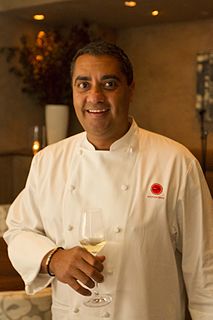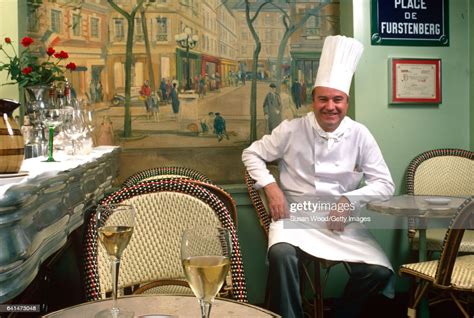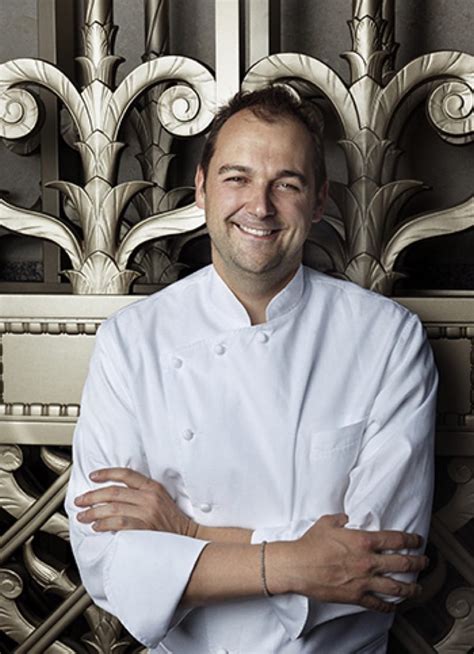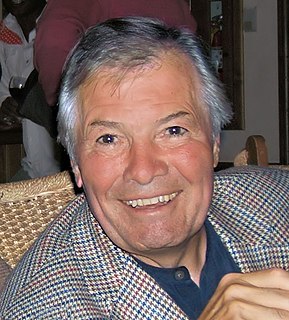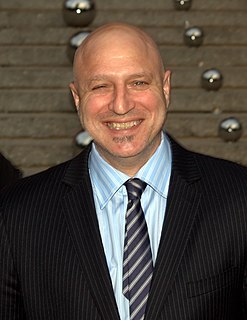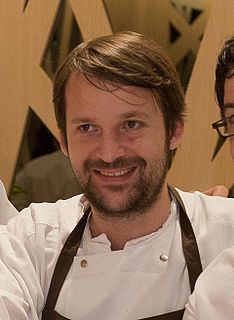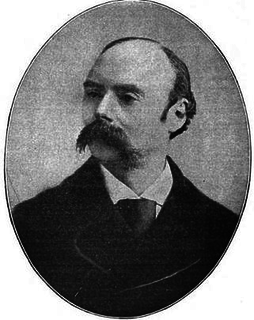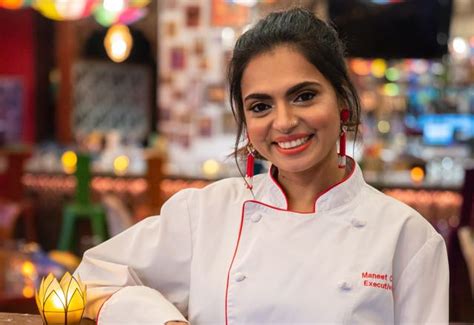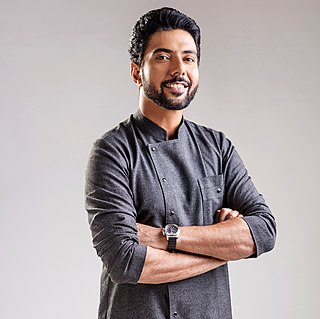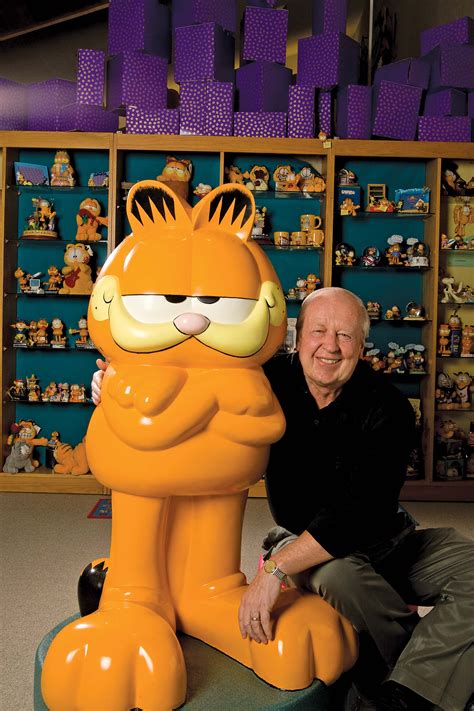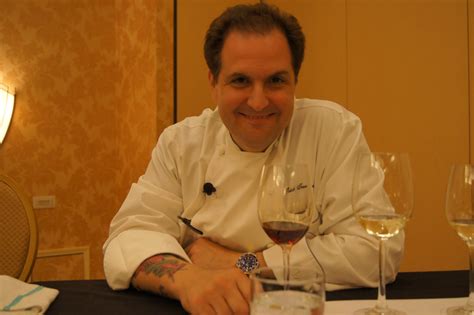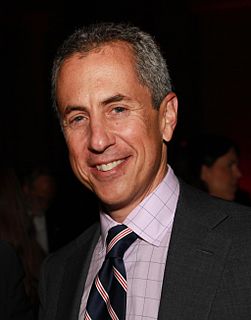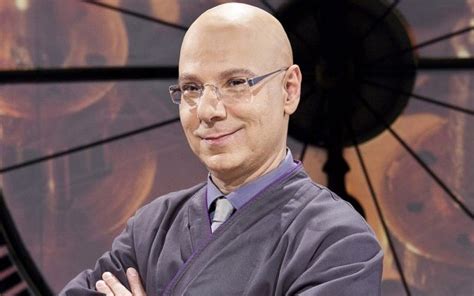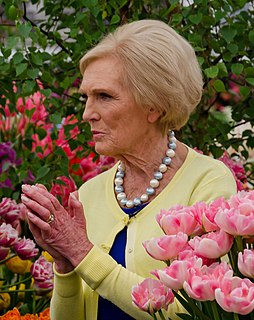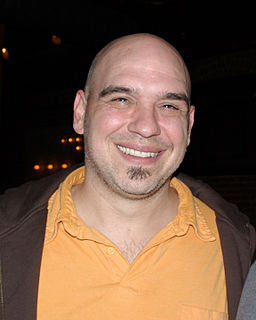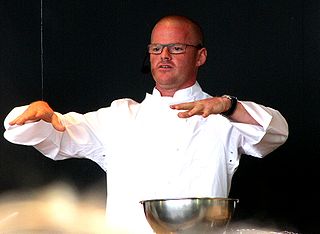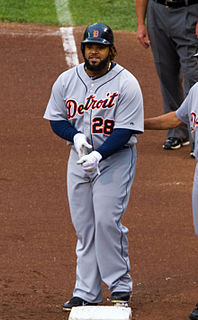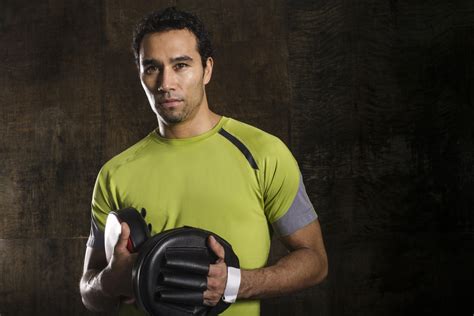Top 327 Chefs Quotes & Sayings - Page 5
Explore popular Chefs quotes.
Last updated on December 18, 2024.
The person who's receiving the food cooks as much as the chef. They have a very important role to play... There's no other activity that the person who receives it can destroy the work, can participate in how it's being done. It's emotional. Sometimes journalists are going to have to start talking more about the diners than the chefs.
Bayern is a big club and a big brand, but on a daily basis, it's a family club. You get to know the physios, the kit man, the chefs. It's also a club that's very close to the supporters. That proximity to the fans makes it special. That was surprising. In Liverpool and Madrid, there's more distance.
Southern food certainly carries a stereotype, but I feel like that's turning around a little. There are great Southern chefs who are finding ways to showcase our traditional recipes in deliciously healthy ways. For me, the key is to use fresh fruits and vegetables and cut some of the butter and fat without sacrificing the yumminess of the dish.
I'm obviously very hippie-like, and I'm always in a different city and town and country, and I thought, 'Why is it that the big food chains are always so promoted? I want the whole ingredients. I don't want preservatives. I want what this town and these farmers produce and see how their chefs create.'
Management is a far more homely business than its would be scientists suggest, more closely allied to cookery than any other human activity. Like cooking, it rests on a degree of organisation and on adequate resources. But just as no two chefs run their kitchens the same way, so no two managements are the same.
The level of competition on 'Iron Chef' was very intense. In fact, I feel like the show provides chefs with a stamp of approval and in many ways lets them know that 'they've arrived.' It was a tough journey, to say the least, but in the end, it provided me with an example how hard work and persistence pays off.
I'd love to cook. It's something I've got into since I've grown older. I'm mates with Jamie Oliver and he's been a real inspiration. I've cooked for Jamie a few times - most people are too frightened to cook for him. Chefs are really easy to cook for. They're just pleased not to be the one who's cooking.
It depends as there's many different types of chefs, some who cook for awards and others who cook to make their restaurant a great business. There are those who cook for a lifestyle, they'll have come through pubs and they like to have the connection to the farmers and the chickens and the natural produce. So for each chef it'll be slightly different.
There are divisions between a culinary chef and a dessert chef, also called a pastry chef. There are specializations within the pastry chef field. Some pastry chefs specialize in baking breads, while others are master cake designers. Each field requires an exceptional level of creativity and attention to detail.
I've been fascinated by the world ever since I read 'Kitchen Confidential' by Anthony Bourdain. I've watched 'Top Chef' and watched interviews with chefs on 'Charlie Rose'... I thought they're really intriguing characters, and they really encapsulate that tension between vision and commerce, art and commerce.
Straight up, Oreos, sodas, chips, salsa dips, egg white omelets, yogurts, breads, ketchups, mustards, barbecue sauce, frozen pizzas, hot pockets, ice cream, all these things that you eat in your normal life - I think if chefs got more involved in that, then it could be better. Because we're the ones that know flavor.
Something I didn't even know was on my bucket list has been achieved. I have cooked Thanksgiving dinner with Martha Stewart. I vow to follow the gospel of her teachings and do my very best in the remarkably less glamorous kitchen of my own home... without the luxury of magically appearing prep bowls filled by a staff of sous chefs.
One restaurant I visit without fail, whenever I'm in the Bay Area, is the Boulevard at 1 Mission Street, a few strides from the waterfront. It has excellent food and wine very much in the modern California style, but I go there less for any one dish than for the pleasure of dining with the restaurant's chefs.







